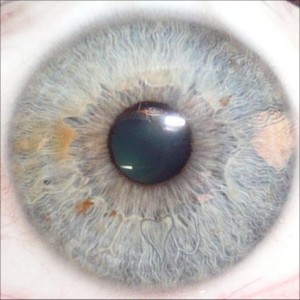A while back I wrote something which made a number of people angry:
Any new social structure must throw off surplus that people can live on, and that surplus must not be able to be bought up by the old system, which will seek to do so. The ban against selling out/being bought out must be irrational and ideological. Rational people sell out.
As you’ve probably heard, WhatsApp (the largest messaging system outside North America) was just bought out by Facebook, for 19 billion. A normal enough story, but Robert Myers pointed me to this article on WhatsApp’s ethics:
He had just three rules as he experimented with the early iterations: his service would defiantly not carry advertising, an experience satisfyingly absent from his Soviet upbringing; it would not store messages and thus imperil individual citizens’ privacy; and it would maintain a relentless focus on delivering a gimmickless, reliable, friction-free user experience.
Now that Facebook owns it, how long will it be before all information is stored, the NSA has a backdoor and there are ads?
Rational people sell out. When there are bad actors (and Facebook is a bad actor), who have so much money that they can make you filthy rich overnight, it is rational to sell out. (Assuming they don’t have you already because they funded you with a very nasty contract).
This is a supremely important point. People are very confused about rationality. Rational is not a synonym for “good”. It is often rational to be a complete scumbag and to act in ways which will hurt other people (or at least not help them.) This is true even in the long run, because you don’t have to deal with most people. Betray millions of people, who cares? There are millions more who will be happy to give you whatever you want when you are a billionaire.
The response to that, of course, would be “it’s only an app company.” True, but it’s also a way of communicating without it being so easy to be spied on, and soon that will be gone. You can’t create anything good in tech, without it being bought out. It cannot be done. People will always sell. Only open source offers the possibility of it, but open source projects, once they get big, almost always take money from dubious sources, because only dubious sources have a lot of money right now, and even a small team of developers still costs hundreds of thousands or millions a year to support.
Ethics which are negotiable for cash, aren’t ethics you can build a society on. Rational people betray. Systems that work take betrayal off the table by simply forbidding it, and backing it up with an irrational attachment to norms. “We don’t spy on people, period. We don’t torture. We don’t allow pharma companies to price their drugs so high that people can’t afford them. We don’t allow vote suppression.”
As I wrote on rationality and ideology in the past:
Note, finally, the use of the word irrational. We think of irrationality as bad, but rational decision making leads to betrayal. If someone’s going to offer me more than I can otherwise earn to betray the rest of my people, a lot of folks are going to take that deal unless they have the irrational belief that it’s wrong, and a rational belief that if they do it, those who have an irrational belief in the system will hurt them, or even kill them.
Irrational people don’t sell out. Rational people do: unless they know that irrational people will find them, and hurt them, if they do.
You cannot have a prosperous, free society without irrational attachment to social norms which are not always in the interest of individuals. You must take various forms of betrayal and race to the bottom off the table. It will always be in someone’s interest to exploit people, to pollute, to spy, to torture. Rationality does not stop such behavior in individuals.

